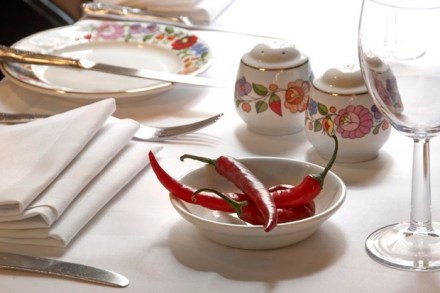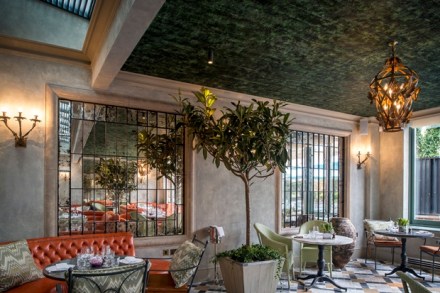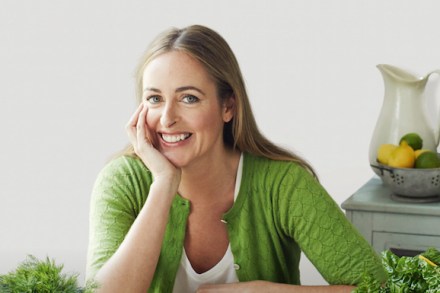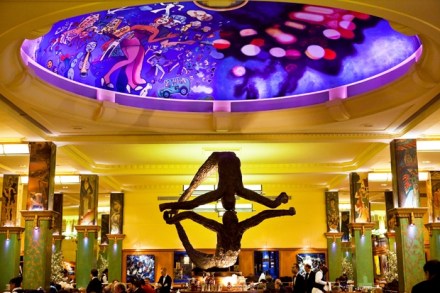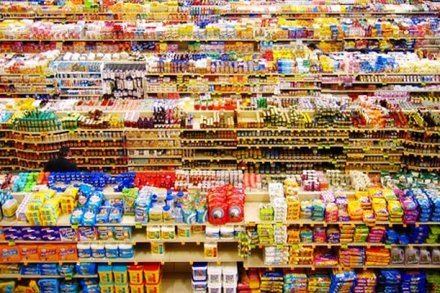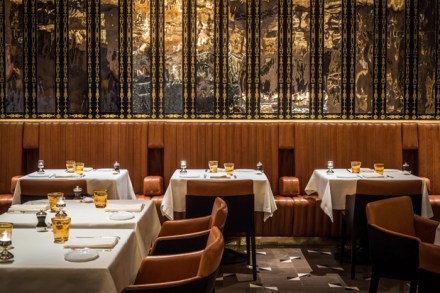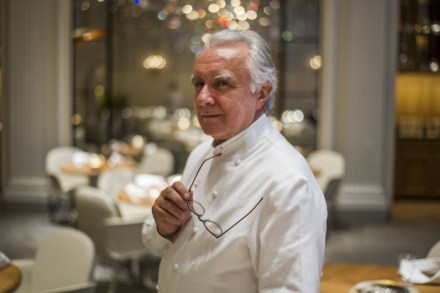The surfer, the sailor and the horseman: prosperity is all about personal stories
The tectonic plates of economic life rumble and shift. As ever, market watchers are obsessed by big themes — and the demand for predictions about them even though so many past predictions have turned out wrong. Right now, we’re gripped by the endgame for Greece, the timing of the first US rate rise, the future of energy prices given Opec’s decision to maintain output above demand, the slowing of Chinese industrial growth, and the unresolved destiny of the global debt bubble. Yet we also know that wealth creation is fundamentally a matter of individual risk and endeavour, often pursued in defiance of the adverse alignment of market forces. On that basis,





